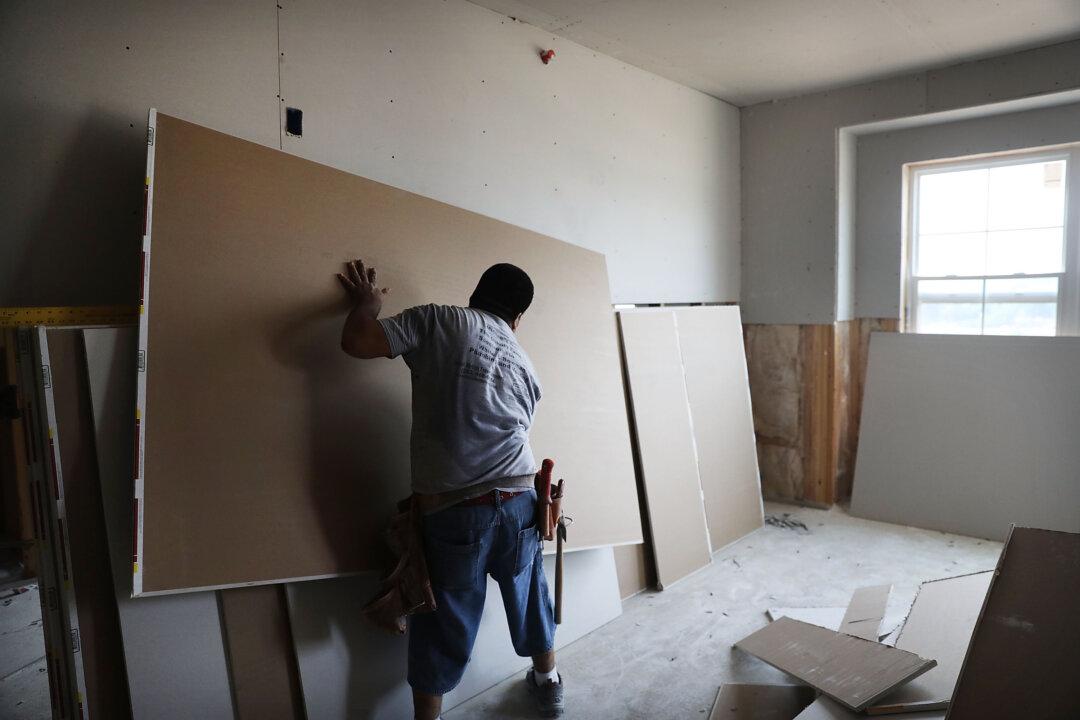A federal judge in Kansas who struck down a law that prevents people from “encouraging” or “inducing” illegal immigration has resigned after being reprimanded for sexual harassment.
The jurist is Judge Carlos Murguia of the U.S. District Court of Kansas, who was appointed to the bench by former President Bill Clinton in 1999. Oral arguments will take place at the Supreme Court on Feb. 25 in an appeals court ruling now under appeal that was a factor in the judge’s controversial ruling.





